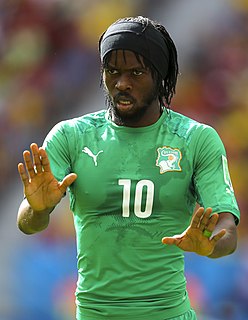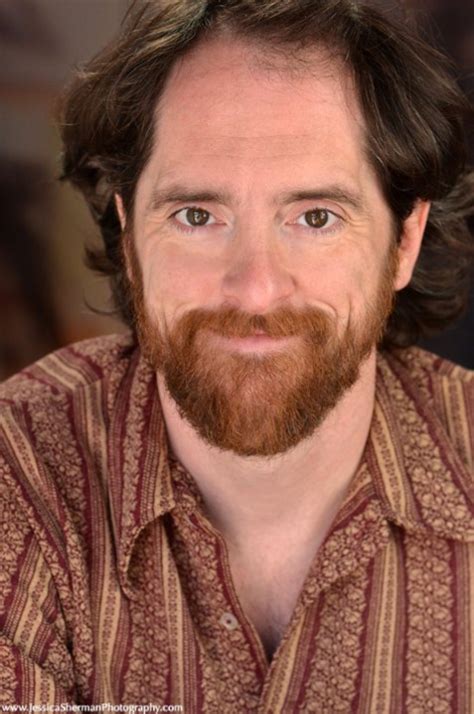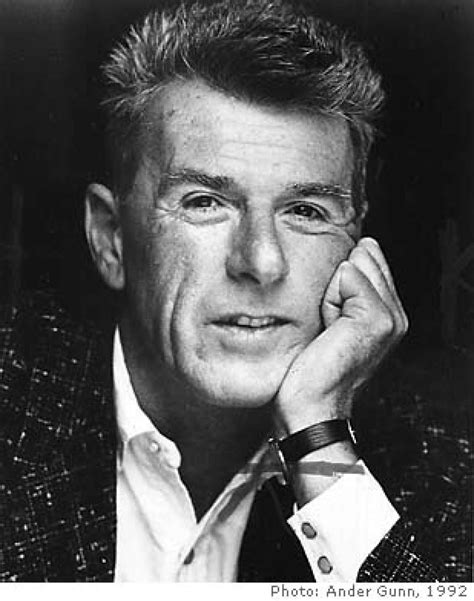A Quote by Jerry Hall
When I was 17, I was at La Coupole brasserie, and Jean-Paul Sartre and Simone de Beauvoir asked me to join them at their table. They were fascinated that I'd watched their programme on existentialism back home and wanted to understand nothingness and being.
Related Quotes
Summing it Up..."Where's a good place for dinner?" I asked. "There's the Brasserie Lipp on the Avenue St. Germaine," she said, "or La Coupole in Montmartre." "Not La Coupole," I said. "I've been there before. That's the place that's crowded and noisy and smells bad and everybody's rude as hell, isn't it?" "I think you just described France," she said.
One of the great weaknesses of the progressive, as distinct from the religious, mind, is that it has no awareness of truth as such; only of truth in terms of enlightened expediency. The contrast is well exemplified in two exact contemporaries - Simone Weil and Simone de Beauvoir; both highly intelligent and earnestly disposed. In all the fearful moral dilemmas of our time, Simone Weil never once went astray, whereas Simone de Beauvoir, with I am sure the best of intentions, has found herself aligned with apologists for some of the most monstrous barbarities and falsehoods of history.
My teachers always said, "You're very talented, but don't set your heart on art. You're only a girl." I was inspired by Virginia Woolf in 1960, but they wouldn't let me write about her. They said she was a trivializer. I also wanted to do a paper on Simone de Beauvoir, and my philosophy teacher said, "Why would you write about the mistress? Write about the master." That was Sartre.
When [Jean-Paul] Sartre was asked whether or not he would live under a communist regime he said, "No, for others it's fine, but for me, no." He said it! So it's hard to say just how intellectual his stance is. How can you think that never in your life would you go to live in a communist regime and still say it's fine for everybody? A very difficult thing, that, but Sartre managed it.
This is the personal side of things. When I started going through some of those transitions in my mind, just as a human being versus as an artist, I tried to... Essentially, I did this thing called Landmark Forum. It's three days of mind-expanding, existential philosophy, like Jean-Paul Sartre for everyday living. In existential philosophy they talk about "Being and Nothingness," this idea of not putting meaning onto things, and that in that way you live more purely. In other words, we form reality from these stories that we make up about our lives.
When I was 15, I left school to start a magazine, and it became a success because I wouldn't take no for an answer. I remember banging on James Baldwin's door to ask for an interview when he came to England. Then I got Jean-Paul Sartre's home phone number and asked him to contribute. If I'd been 30, he might have said no, but I was a 15-year-old with passion and he was charmed. Making money was always just a side product of having a good time and creating things nobody'd seen before.









































